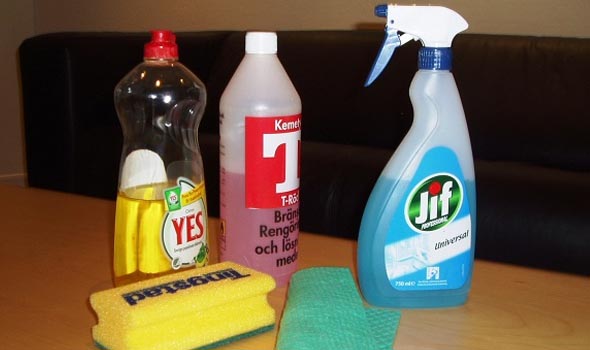Demanding equal rights
Demanding equal rights

Cleaners currently employed through ISS to clean at SOAS University in London went on strike on the 4th and 5th of March 2014.
The strike is part of their campaign to be employed directly by SOAS on the same sick pay, holidays and pensions as others working for the university, rather than the work being outsourced. Here is the story of one of the cleaners who went on strike:
My name is Luis Armando. I am from Ecuador and have been living in London for 18 years. I started working for SOAS very soon after arriving - it would be 17 years that I have worked there now. In Ecuador, I studied 5 years at the university and got a mechanical engineering degree. But I couldn’t find a job because in those days corruption and bad governance were everywhere. I needed to go abroad. I came to the UK with my wife. We had to leave Ecuador, because like everyone else we wanted to live well. We were poverty exiles.
When I arrived in London the first barrier I encountered was the language. We could not communicate so we did not know our rights. Cleaners were invisible. Communication was the first problem because we couldn’t express what we felt. Nobody asked about us. In that time, here at SOAS the companies paid in cash, they didn’t ask for documents when they hired you. I never had a pay or holiday problem but some of my colleagues got problems: they would work and when they had to collect their pay, they would be asked for documents… some of them wouldn’t be paid for 3 months.
Eight years ago, we started to claim our rights. It was hard because some of us were scared. We needed the job; we could not speak proper English. But we started talking with some students who could speak Spanish. We told them what was going on. We started to get organised with one union, and then we joined UNISON. We learnt more about our rights in this country. And we started our campaigns.
The first step was to get recognition between the cleaning company and UNISON. Getting this gave us the power to talk with our colleagues about the union, about their rights. Then we started a campaign for the London living wage. UNISON helped, and so did professors, students and other workers. It lasted nearly two years but we were successful. We used to be paid £7.40/h, now we’re getting £8.80/h. We also protested when they did an immigration raid.
And around two years ago, we started a new campaign to ask SOAS University to bring the cleaners in-house. We have only a statutory sick pay of £85 per week and we only qualify when we work full time. The pension we have is also very basic. And we have only 20 days of holidays while SOAS employees have more than 30. We do a lot of hard work here.
We bring our knowledge, our physical labour. At work, I also painted classrooms or fixed things when they were broken. They did not have to pay someone else to do it. But SOAS doesn’t want to employ us directly. I don’t think it is fair. We do not ask for anything free. We work here, we pay taxes, we give our knowledge, we help this country.
We ask for basic rights: for our sick pay, pension, and holidays to be the same as the ones of the people who work at SOAS. We did a few demonstrations, we sent letters to MPs, embassies, students. In July 2013, SOAS created a commission to investigate the best option for them. They said it would be to create their own cleaning company and to share it with other colleges. But nothing has happened since July last year.
This is why we decided to start the strike. We organised it step by step. It is legal, we don’t want anyone to be fired. I am optimistic about it. We have a lot of supporters. Sometimes I ask myself “why does SOAS say no to bringing us ‘in house’?” We feel discriminated because at SOAS, you’re supposed to find dignity and equal rights but in reality it’s not true. And it is the same for all the contractors (security, catering, maintenance etc). However, we the cleaners are the most organised. We have learnt with time.


